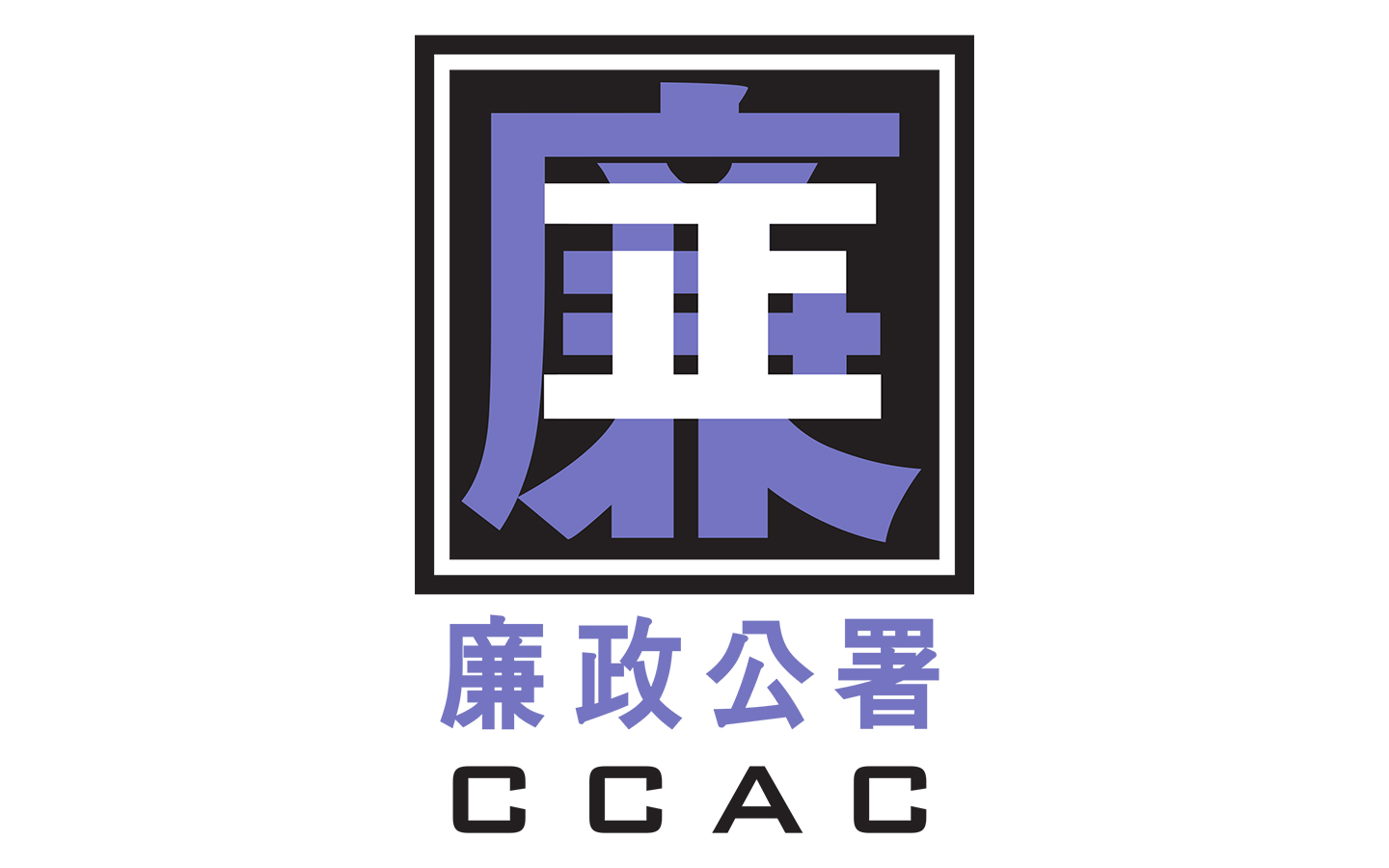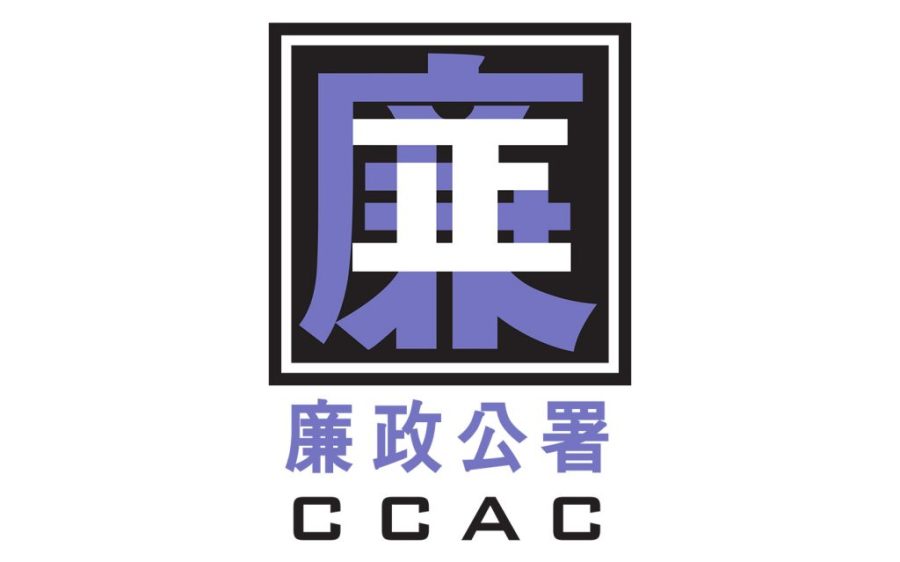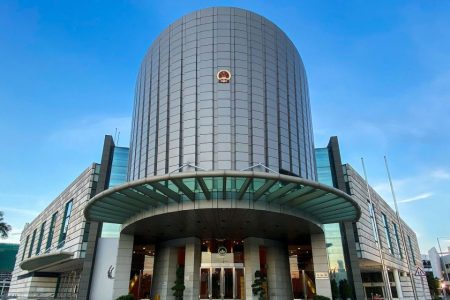Macao’s graft buster-cum-ombudsman received 479 complaints and denunciations last year, a decrease of 17.9 per cent year-on-year.
The Commission Against Corruption (CCAC) announced that it handled 491 cases last year, including 105 cases processed by the CCAC’s Anti-Corruption Bureau and 282 cases processed by its Ombudsman Bureau.
One hundred cases were dismissed for failing to meet the legal requirements for an official investigation.
A spokesman for the CCAC said that the number of anonymous complaints and denunciations received last year fell from 54.6 per cent of the total in 2019 to 34 per cent last year.
Real-name complaints and denunciations reached nearly 60 per cent of the total last year. The CCAC attributed this to citizens’ rising awareness of the issue and the “initial results” of the commission’s “promotion work”.
Although most of the commission’s seminars and public events were cancelled or postponed in the first half of last year due to the pandemic, the CCAC still held 303 seminars and talks in 2020 targeting public servants, private sector employees, the general public, and students of higher education institutions and pupils of primary and secondary schools as well as kindergartens.
The commission also investigated 74 land concession agreements which were declared expired.
It also transferred 18 suspected crime cases to the Public Prosecutions Office in 2020 including eight concerning alleged fraud involving public funds or fraud-related document forgery.
The commission noted an increase in the number of alleged corruption cases “related to securing job opportunities”, involving both bribe-giving or bribe-taking “as the means for securing a job, contract renewal or promotion.”
“Such cases mainly occurred in gaming, security and construction companies,” the CCAC stated, adding that the suspects included local and mainland Chinese workers as well as non-resident workers from Southeast Asia.
The commission also said that it would further strengthen supervision of how government subsidies are used.
The CCAC has the power to investigate and detain suspects, but not to lay charges, which is the exclusive domain of the Judiciary.
Commissioner Against Corruption Chan Tsz King handed a copy of the 2020 Annual Report to Chief Executive Ho Iat Seng at the Macao Government Headquarters at the end of March.
According to the law on the CCAC, its annual reports must be handed to the chief executive by 31 March.






